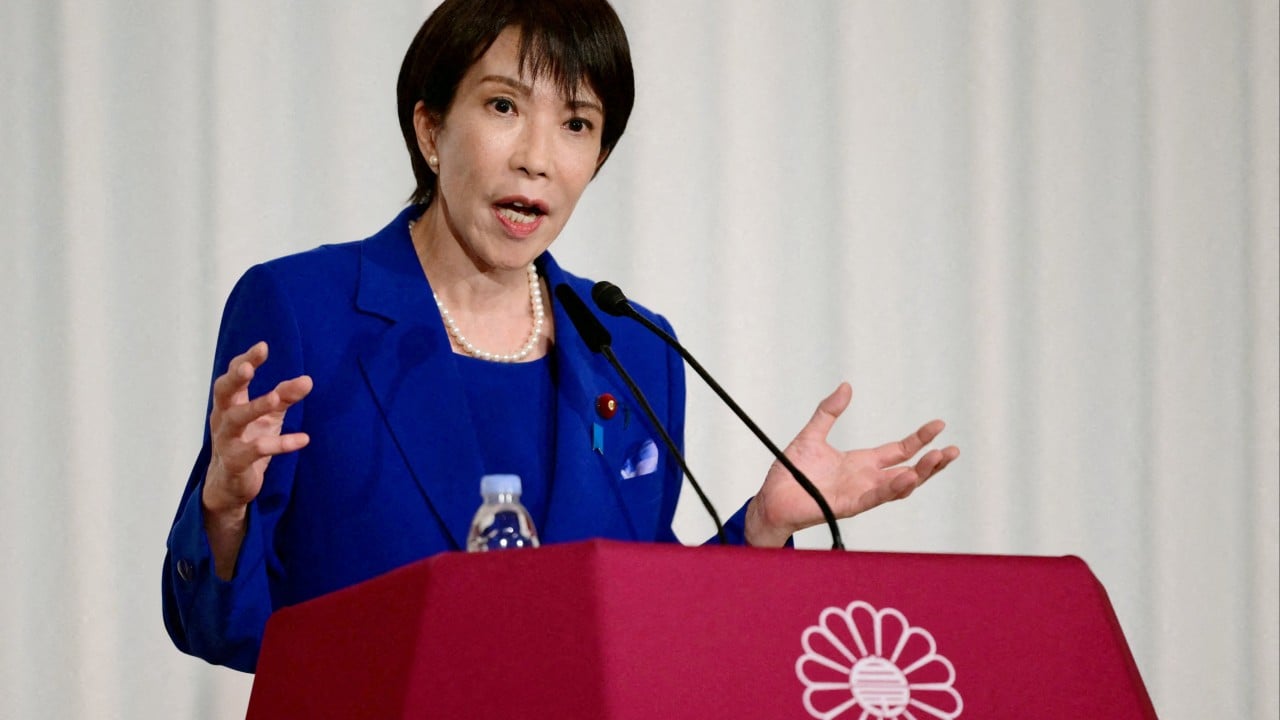Sanae Takaichi’s victory in Japan’s Liberal Democratic Party (LDP) leadership race marks not just the rise of the country’s first female prime minister in waiting, but also a symbolic shift in Japan’s ideological compass.
Advertisement
Long known as a staunch conservative and nationalist, Takaichi’s ascent signals the possible end of the centrist pragmatism that characterised the Shinzo Abe and Fumio Kishida years. Her win sets Japan on a trajectory that could reshape its domestic economy, foreign policy and regional posture in profound ways.
Domestically, Takaichi inherits an economy still struggling to balance fiscal consolidation and growth. She has indicated she intends to revive the spirit of Abenomics, but with a nationalist twist. Her vision blends fiscal expansionism with protectionist undertones, favouring state-led industrial revival and strategic investment in defence and technology.
Takaichi’s approach is likely to strengthen subsidies for the semiconductor, energy and defence industries, aligning with Japan’s broader ambition to reduce reliance on China and reinforce its security autonomy. However, this could risk inflating Japan’s already significant public debt and alienating moderates within the LDP, who prefer to focus on fiscal discipline.
For Japan’s economic partners, the implications are mixed. On one hand, Southeast Asian economies could benefit from Tokyo’s renewed drive for supply chain diversification. Under Takaichi, Japan could deepen its “friendshoring” strategy, redirecting investment and manufacturing capacity towards the likes of Vietnam, Indonesia and Thailand.
However, the tone of economic engagement is likely to change. While Kishida’s diplomacy was couched in the language of partnership and mutual development, Takaichi’s rhetoric focuses on strategic self-interest. Her emphasis on national security will blur the lines between economic aid and geopolitical alignment. Southeast Asian countries that lean closer to China or maintain neutrality could find Tokyo’s new policies more demanding, with aid and investment increasingly tied to strategic cooperation.
Advertisement

